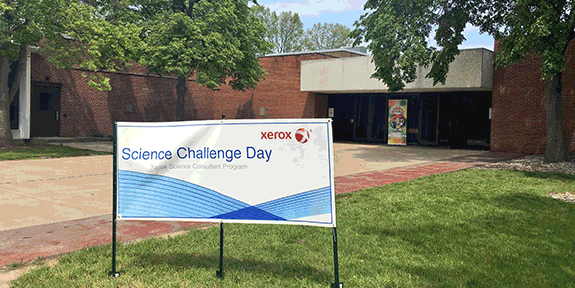By Leon Wong, director, Market Strategy, PARC, a Xerox Company
I recently attended two buzz-worthy conferences for innovation in healthcare: Health 2.0 Conference and Strata Rx 2012. Each focused on different parts of the ecosystem. Health 2.0 was about direct interfaces (e.g. apps, online networks, fitness devices), to the consumer. Payers and providers (e.g. Kaiser Permanente, Aetna) had a strong presence as sponsors and exhibitors. On the other hand, Strata Rx was about actionable insight from health data. Technology companies (e.g. EMC, IBM) had a strong presence. Despite the differences, both promoted generating new sources of data and applying technologies to them to enable improved health outcomes and lower costs.
Over a year, the average patient spends little time interacting with the healthcare system. As a result, much of the data captured – clinical analysis, patient-reports, claims, government survey-based databases – often provide a narrow and fragmented view of an individual. Fortunately, additional sources of data are emerging.
Online interactions in blogs, forums and social networks. Mobile phones as remote Swiss-army knives of sensors, apps and interactivity. Wireless sensors for in-home monitoring. Faster and lower cost DNA sequencing. Integrating such genotype and phenotype data with current data sources and then mining and analyzing the full set promises to give a holistic understanding of large populations down to individuals. Benefits abound, such as increased efficacy through truly personalized treatments, reduction in hospital re-admission rates through predictive and proactive interventions and improved health outcomes via timely and personalized behavioral nudges and incentives for adherence.
Ready to deliver
Conversations I had during the shows validated the long and proven track records of Xerox Services (formerly ACS) and PARC, a Xerox Company in healthcare and innovation, respectively. Additionally, the spate of partnerships indicated industry players feel collaboration is needed in healthcare innovation. However, many of the partnerships appear to address individual pain points – one for accessing data, one for analytics, one for modeling, one for regulation, and more. Working with Xerox can give a customer a one-stop solution shop, a partner who has a long-term commitment to healthcare and a supporting stable business model, a collaborator who understands the nexus of big data and patient privacy and a partner with deep domain and technology expertise.
Leon Wong immerses himself in emerging technologies and innovative business models as a strategy, productization and commercialization expert for PARC’s healthcare, energy and digital design and manufacturing programs and as an active volunteer on Harvard Business School Alumni Angels Association’s deal screening committee. He enjoys traveling to experience and compare different cultures.




Was there discussion on electronic health care records, Single Sign On and associated security, and/or telehealth? If so, what is the latests?
Thank you,
Ron Dixon
Health Care IT Program Mgr
Is xerox working to be part of the e health space as its bound to take off in a big way in the developing country .
please check this bloghttp://bgbernard.blogspot.in/2012/11/can-telemedicine-alleviate-indias.html
Regards
George Bernard
Ron – good qs. In the sessions I attended, very little on your first 3. I participated in the 2012 Healthcare Forum run by The Breakaway Group (disclosure: recently acquired by Xerox). They’re experts in EMR, EHR and have put some free pubs, research on http://www.thebreakawaygroup.com (click on the ‘research’), which could be of interest.
In regard to tele-health, some discussions by a few funded startups, such as HealthTap, Ringadoc. According to HealthTap, 70% of Americans don’t have same day access to their doctors, while 60% of Americans want more time with them. They mentioned doctors participate for 3 main reasons: lead generation (to build practice), improve reputation and do good.
George, thank you for the comment! E-health is a very broad area and in short, Xerox is definitely part of the e-health space. If you want to find out more, you can check out: http://www.xerox.com/healthcare/enus.html
At PARC, a Xerox Company, where I work, we have initiatives in regard to the mobile and social aspects.
[…] Almost 10 million Americans could lose their health insurance. The reason? A Supreme Court ruling.